For children with autism, playgrounds and parks aren’t just about play—they’re natural therapy spaces.
St. Louis families have access to many parks where kids can practice social skills, motor coordination, and communication in real-world settings.
At Bright Arch ABA, we often encourage parents to use community spaces to reinforce skills between sessions. Here’s a guide to some of the best options in the St. Louis area.
Quick Promotion: If you are a parent looking for ABA therapy in St Louis, reach out today.
Why Parks Are Great for ABA Skill Practice
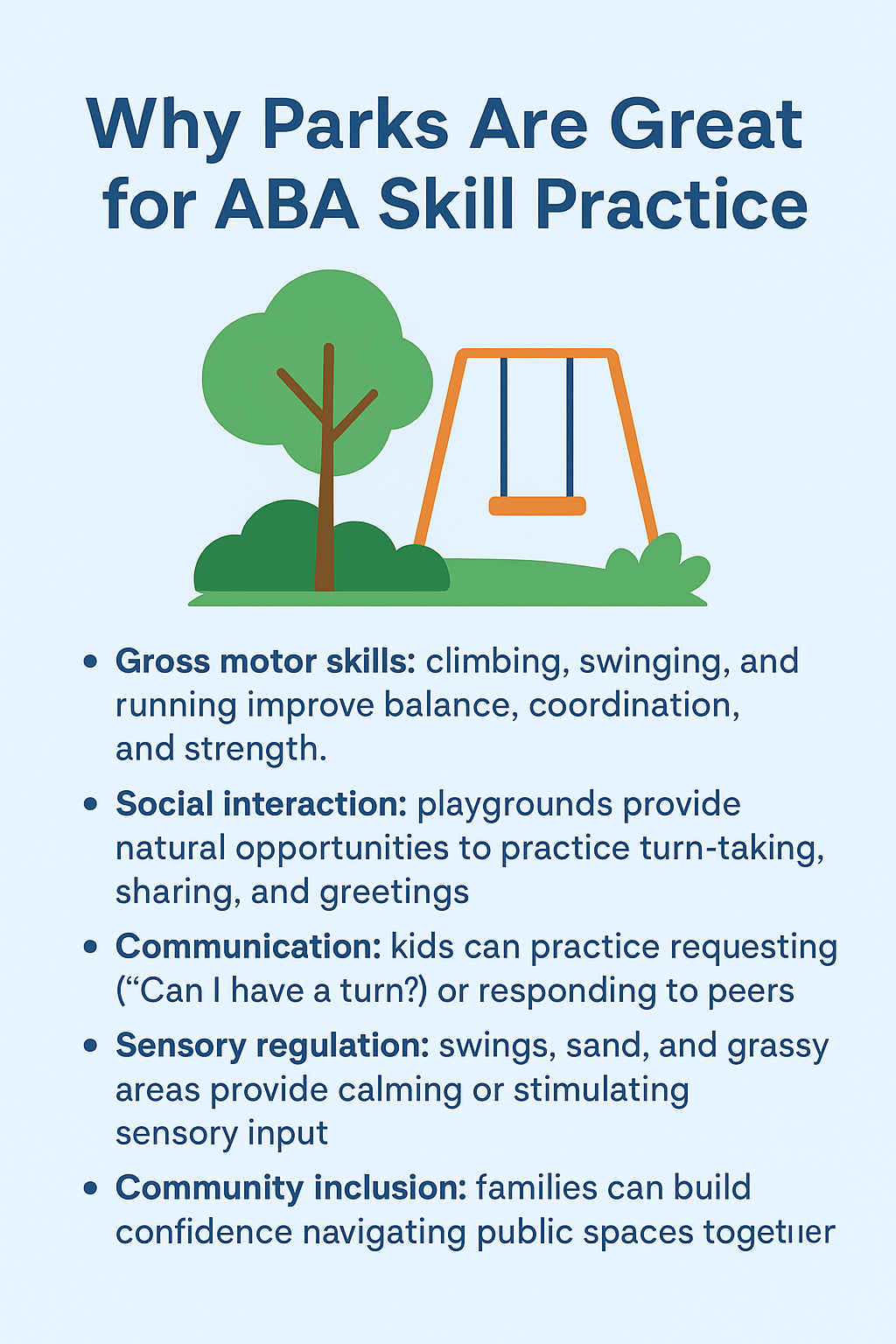
- Gross motor skills: climbing, swinging, and running improve balance, coordination, and strength.
- Social interaction: playgrounds provide natural opportunities to practice turn-taking, sharing, and greetings.
- Communication: kids can practice requesting (“Can I have a turn?”) or responding to peers.
- Sensory regulation: swings, sand, and grassy areas provide calming or stimulating sensory input.
- Community inclusion: families can build confidence navigating public spaces together.
Autism-Friendly Parks and Playgrounds in St. Louis
1. Tilles Park (St. Louis County)
Known for its accessible play areas, Tilles Park has adaptive swings, wide pathways, and inclusive equipment that allow children with different abilities to play side by side. The variety of equipment makes it easy to target different gross motor skills.
2. Forest Park Inclusive Playground
One of St. Louis’s crown jewels, Forest Park offers an inclusive playground near the Dennis & Judith Jones Visitor Center. It features ramps, adaptive swings, and plenty of open green space—perfect for practicing communication skills in less crowded areas.
3. O’Fallon Park Inclusive Playground (North St. Louis)
This newer playground was designed with inclusivity in mind. Its equipment accommodates children with sensory and mobility needs, and the design encourages cooperative play—ideal for social skills practice.
4. Shaw Park (Clayton)
Shaw Park includes both traditional playground equipment and adaptive play structures. The surrounding trails and open fields offer space for practicing following directions and group activities.
5. Central Park in Chesterfield (Playground for All Children)
This playground was built specifically to be inclusive. It features equipment designed for kids with physical and sensory differences, including smooth surfaces, ramps, and musical play structures—great for combining play with language practice.
Chesterfield Parks & Recreation ›
How Parents Can Maximize Skill Practice
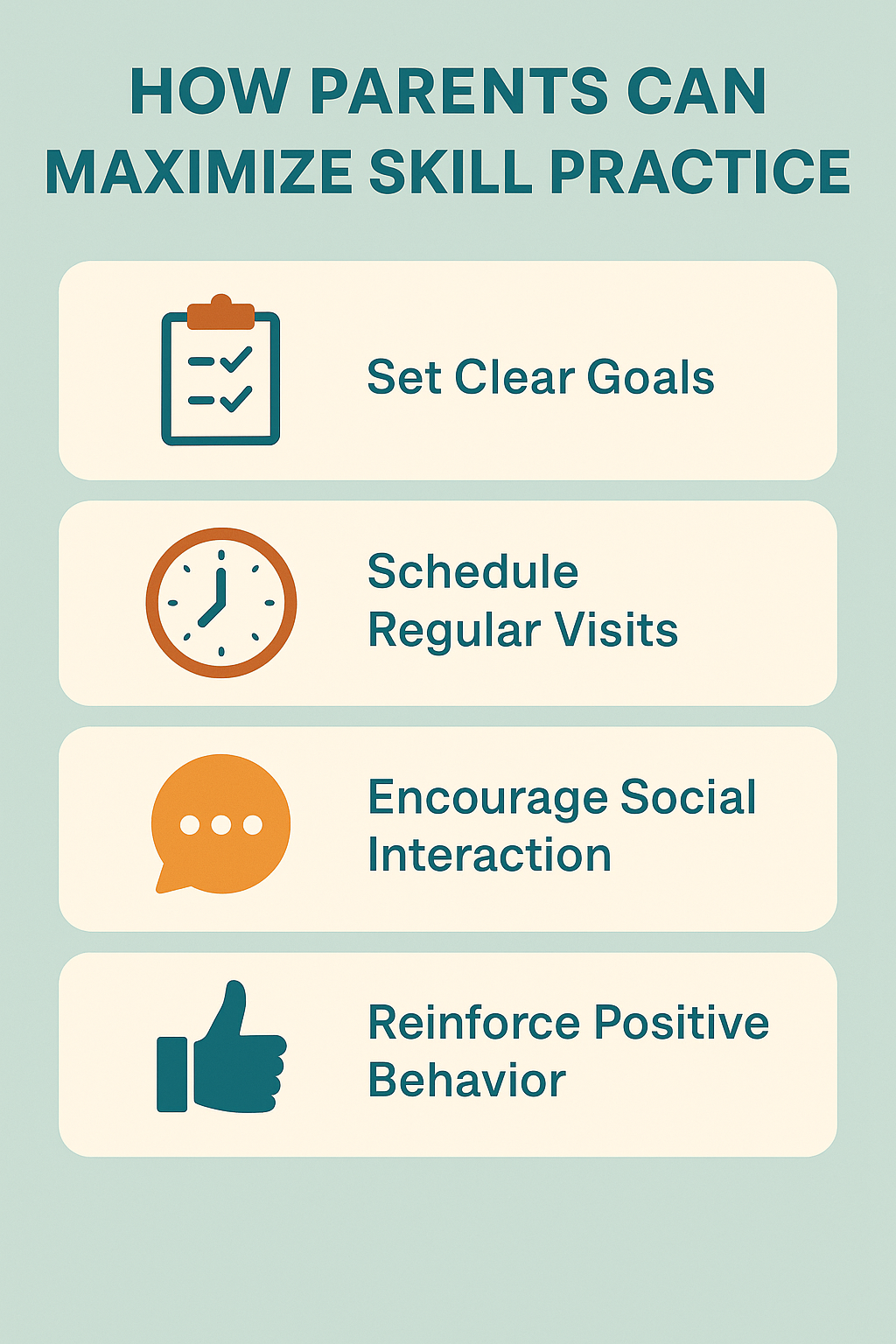
- Set small goals: e.g., practice waiting in line at the slide 3 times.
- Bring visuals or prompts: visual schedules can help kids know what to expect.
- Use play as reinforcement: if your child requests a turn with a peer, reward with extra swing time.
- Choose times wisely: mornings and weekdays often mean smaller crowds, which can reduce sensory overload.
- Model and prompt social interactions: show your child how to greet another child, then encourage them to try.
Final Thoughts
Playgrounds are more than fun—they’re opportunities for learning and growth. St. Louis families have access to incredible inclusive parks that encourage skill building in natural settings.
At Bright Arch ABA, we integrate these environments into therapy goals and guide parents on how to reinforce skills outside of sessions. Together, we can turn every trip to the park into progress for your child.
.svg)
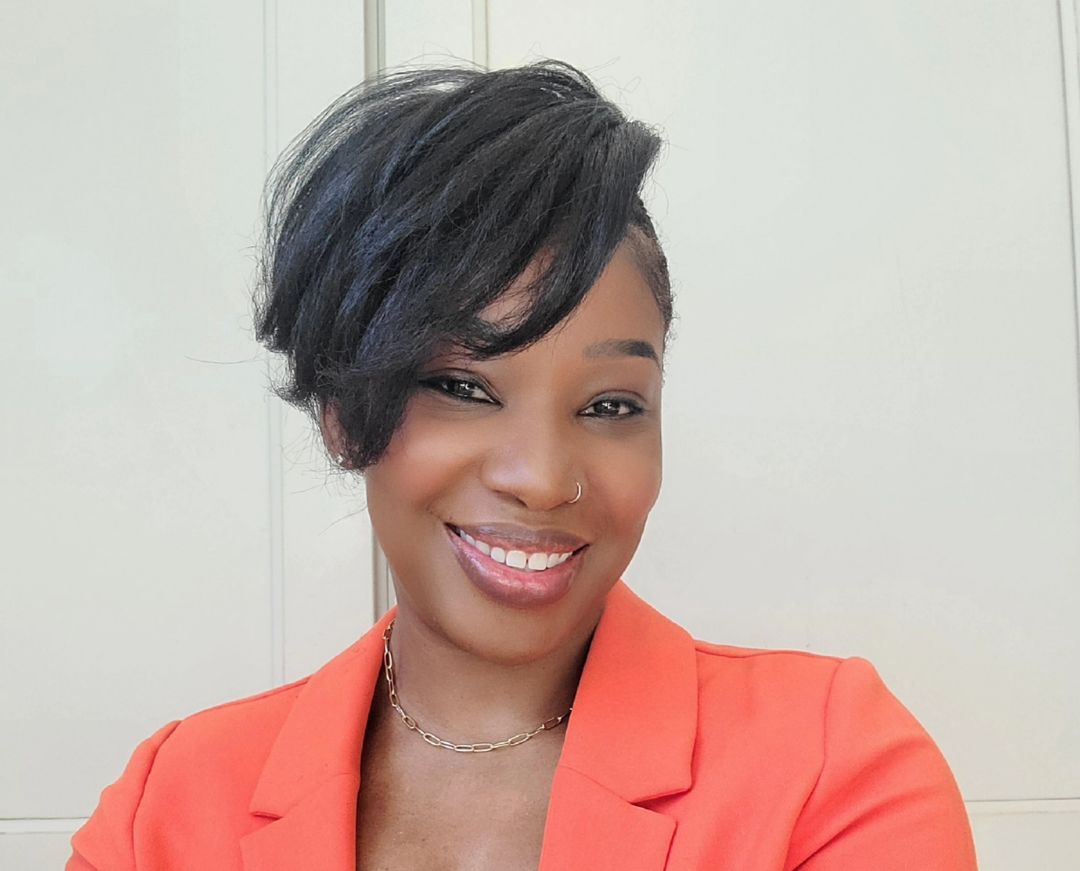
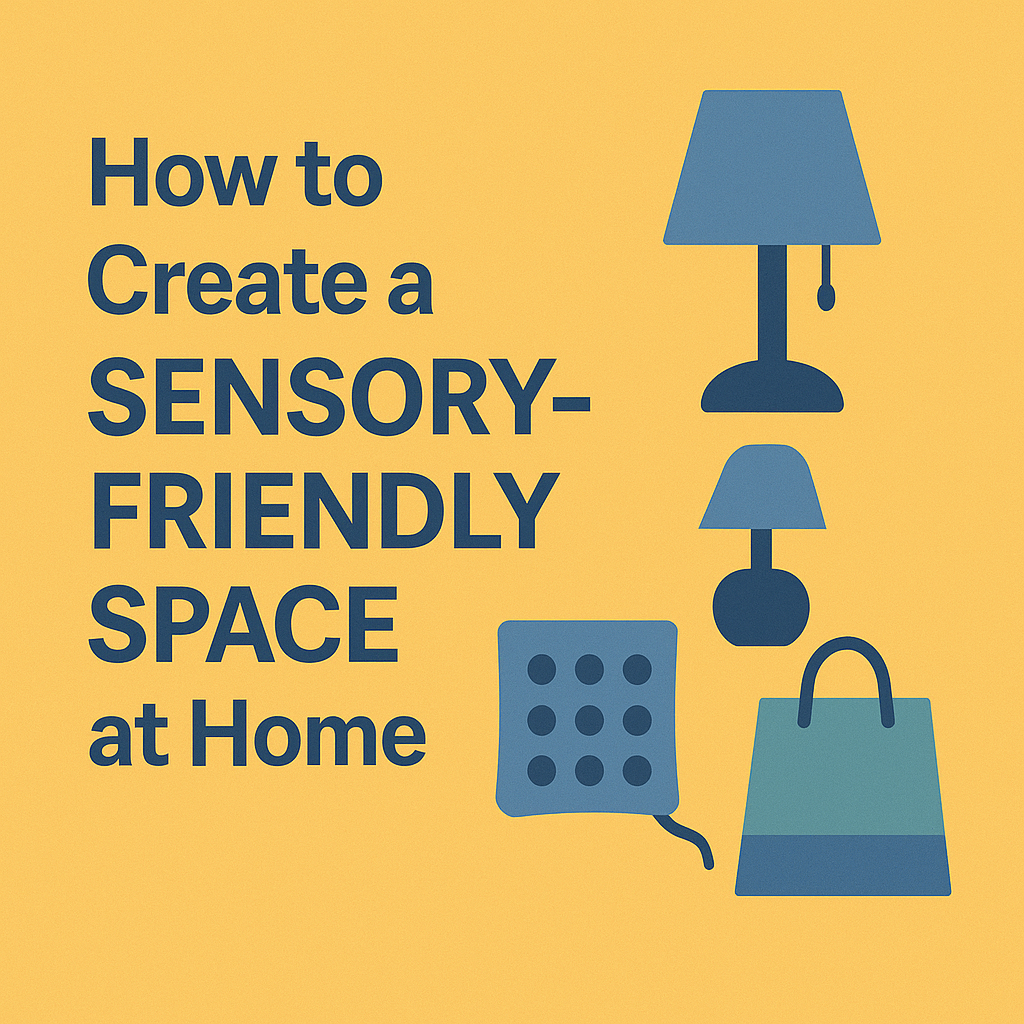
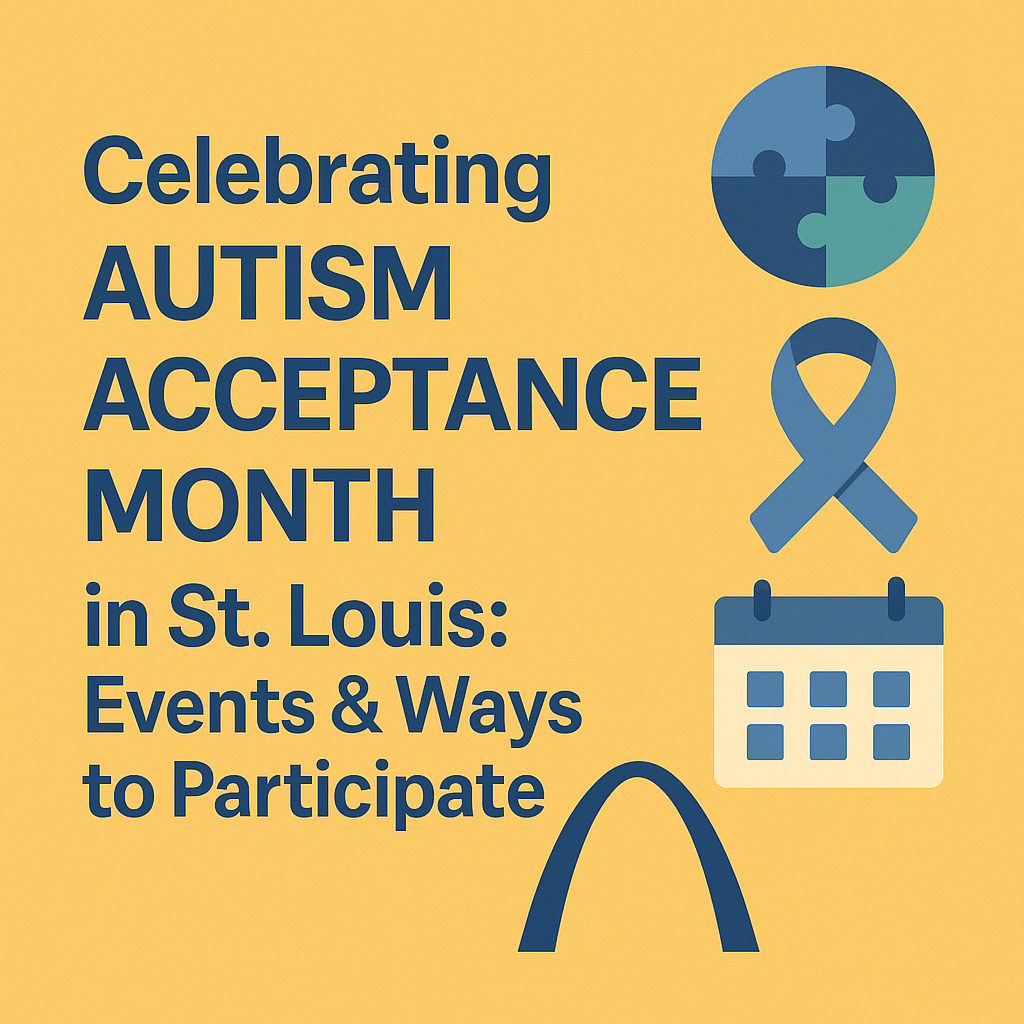

%20(33)%201%20(1).svg)